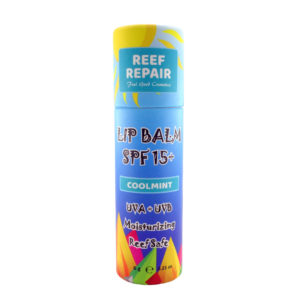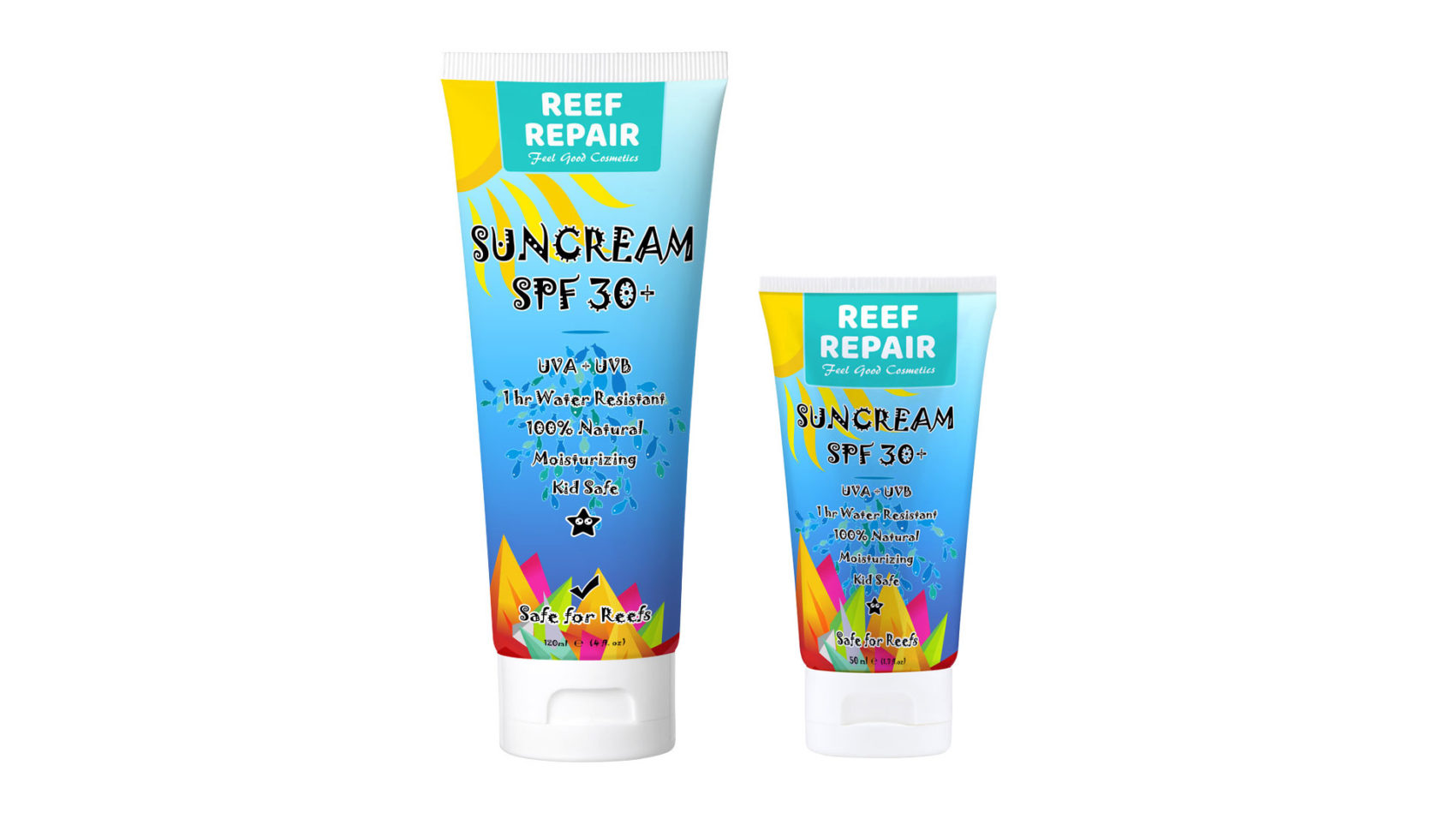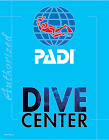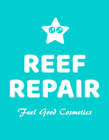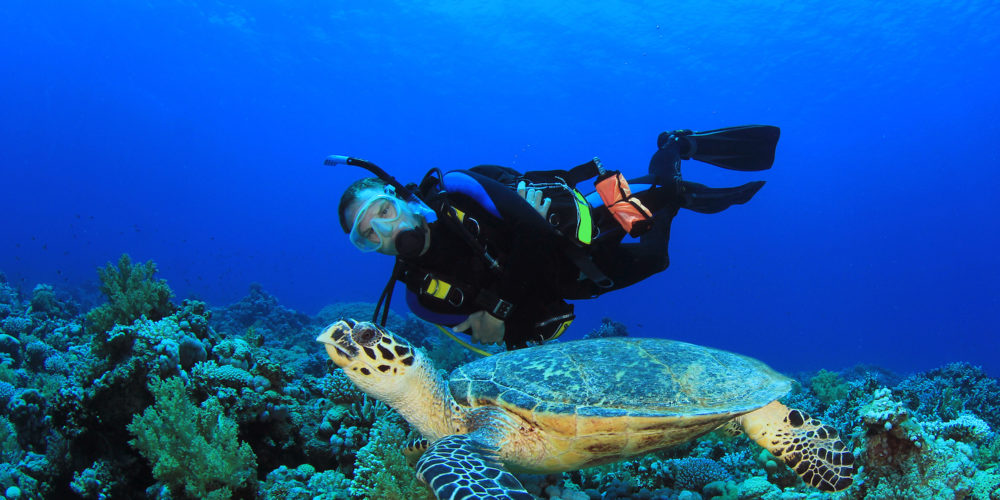
Ways to help conserve your air consumption.. Guest Post
Mastering the art of conserving air while diving will lead to having longer and better dives. This is often overlooked by the most beginner of divers because they are so distracted by the beautiful sights that can be seen on a dive. But don’t worry, as this post will teach you several awesome techniques to conserve air to get the most bottom time possible.
Using A Regulator On the Surface
Although you are probably just getting used to your new toy, a regulator should not be used on the surface. This is a common mistake from beginner divers and causes them to waste small amounts of air while making their way back or to the dive site. Instead of breathing through your regulator, try using your snorkel, that’s what is there for!
Control Your Breathing
Proper breath control is likely one of the best ways to preserve air on a dive. While you don’t want to spend too much time focusing on this, it’s an extremely important solution to excessive air use. Now this doesn’t mean you take extremely shallow breaths (or even hold your breath!) for the purpose of saving air. Think of your air as a precious resource, and use it responsibly, but in a way that allows you to have the most fun.
Dive Shallow When You Can
Remember during your course work where you learned that the deeper you go, the more air you consume? So to save air, consider diving as shallow as possible when you can. If it’s difficult for you to know how deep you are on a dive, consider using a dive watch.
Create a Plan Before Your Dive
This goes without saying, but you should have a plan or clear idea of the steps that you are taking on your dive. If you are diving with an instructor, they’ll come up with one so make sure to pay attention and follow them. If you are diving without an instructor/guide (not recommended), it’s important to communicate with your dive buddy. With good communication, you can reduce the amount of wasted time on your dive, which leads to more air!
Perfect Buoyancy Control!
Mastering the feeling of weightlessness is amazing and can also be frustrating. Some are naturals, some take time to really feel it. You may wish to consider the Peak Performance Buoyancy course which enables you to truly learn and understand the art of buoyancy with fun and creative ways of demonstrating this during the course of 2 dives. Once you perfect, your diving will change FOREVER! Believe me, I have been there, your air consumption improves, you relax more in the water, you lose weight (yes, you no longer need that 12kg of weights!) and you become an all round much improved diver potentially allowing for longer dives with your dive buddy, greater protection of our reefs and of course it’s much more fun as you’re no longer worrying about your air consumption!
Becoming More Streamlined
Fish and other underwater species have evolved to become as streamlined as possible. Mimic them, by making yourself more aerodynamic. This will reduce the amount of drag you take on while swimming. Drag causes you to use more effort in your movements, which ultimately leads to more air usage. To become the most streamlined, make sure to tuck in all of your gauges and keep your arms at your side or across your chest.
Get Fins That Work For You
Having comfortable, fitted fins allow you to get the most out of your kicks when diving. Learning proper kick technique is also important when trying to save air. Overall, having good fins and proper swimming technique allow you to get better mileage out of your air! Now you might be wondering, what is proper kicking technique? Here’s a great video that explains how to use your fins to the best of your ability.
And there you have it! There’s 7 quick tips that you can put to use on your next scuba diving adventure!
About the Author:
Austin Tuwiner is a web developer, digital nomad, and scuba diver who loves the outdoors. After leaving college to pursue his business and travel the world, he is looking to help get people just like him, to feel comfortable whilst scuba diving.
